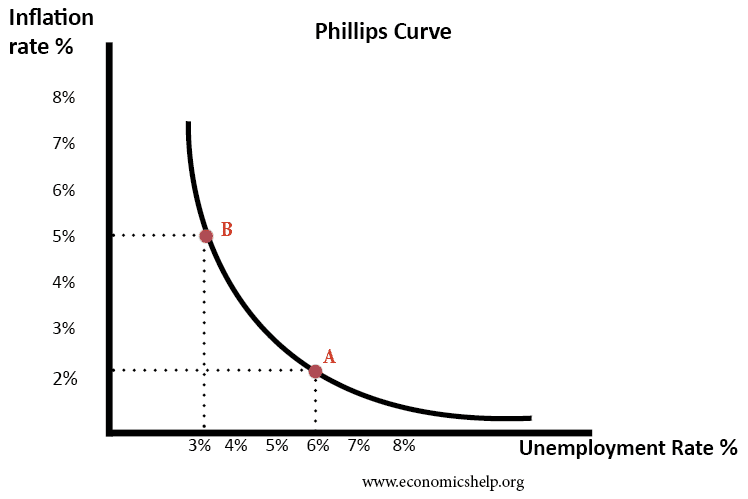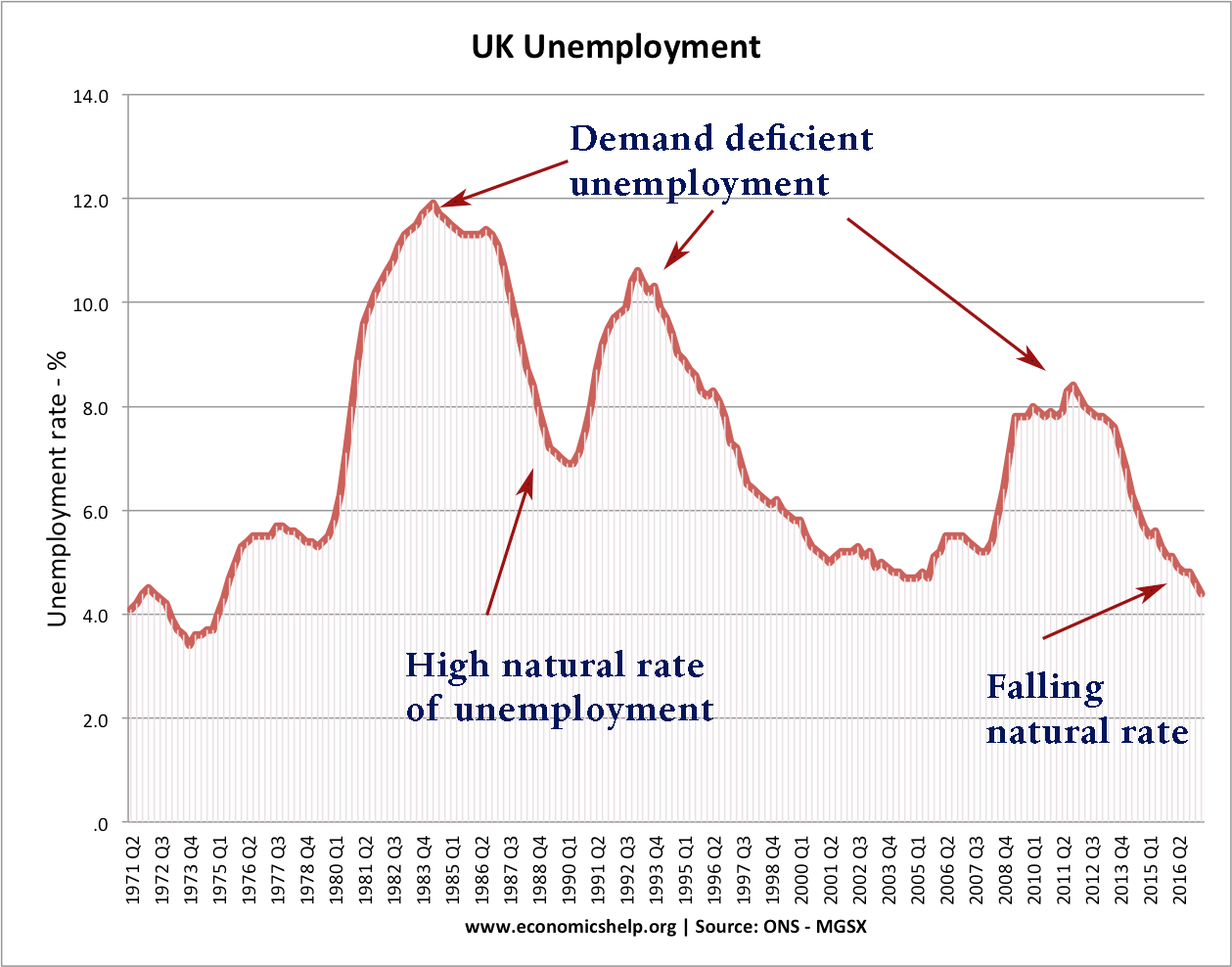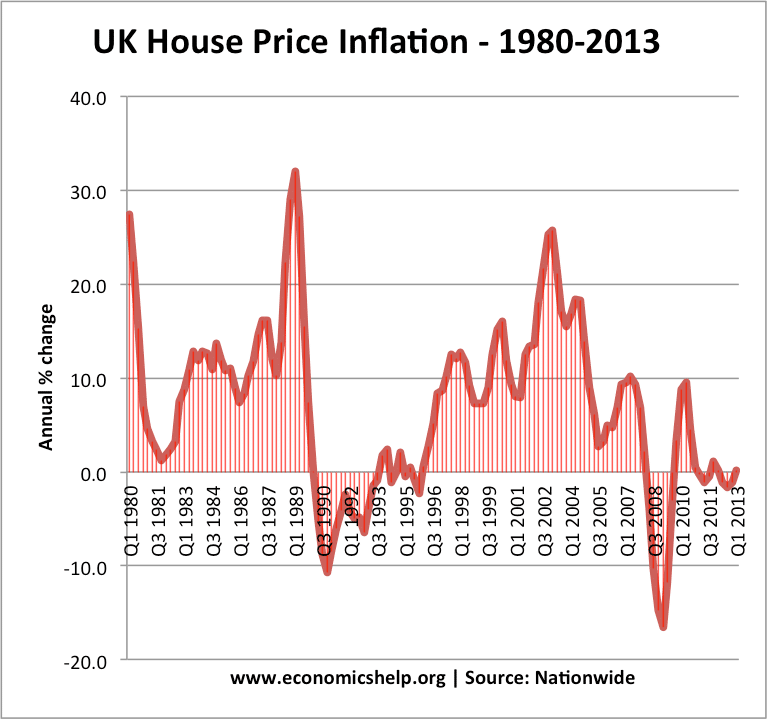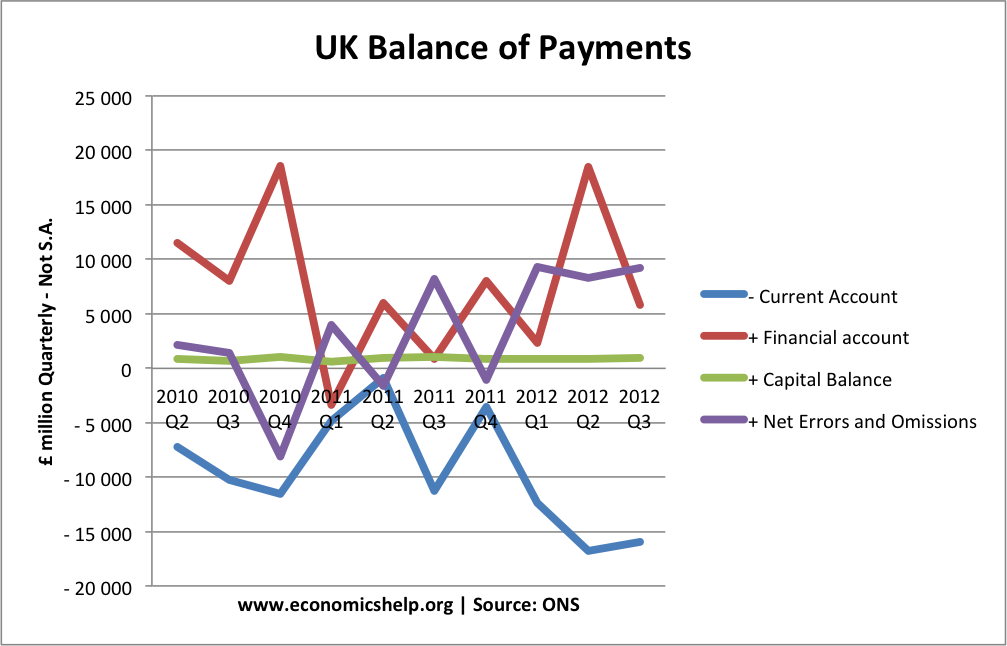Which view of Phillips Curve is correct?
The original Phillips curve suggested there was a trade-off between nominal wages and unemployment. Higher demand led to rising wages and a fall in unemployment. Lower aggregate demand (AD) led to a fall in nominal wages, but a rise in unemployment. This was adapted to suggest a trade-off between unemployment and inflation. During the 1950s …




